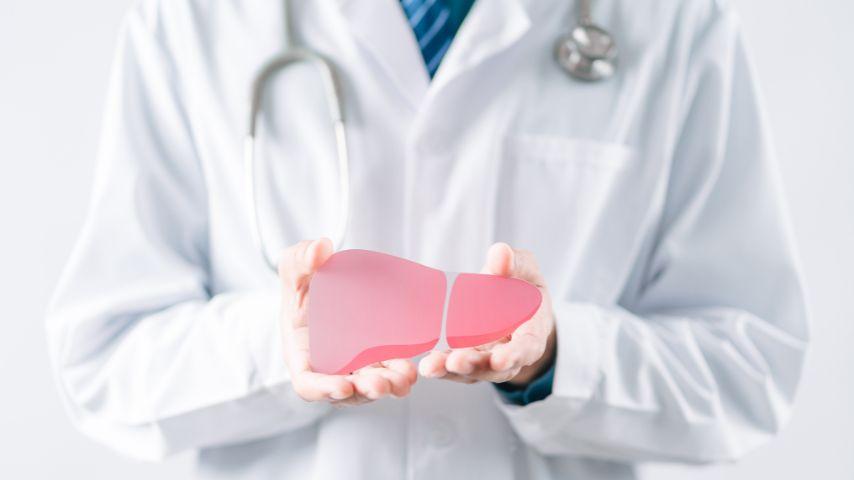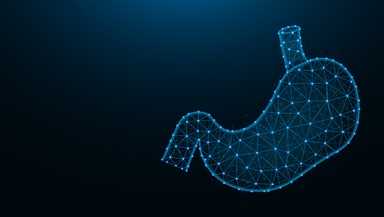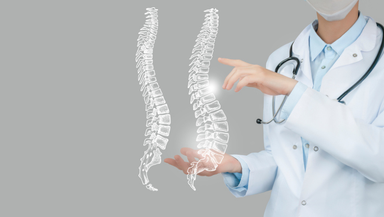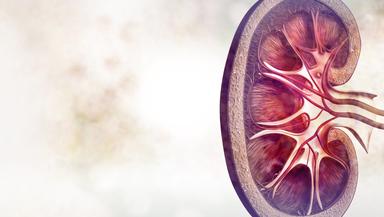Understanding Non-Alcoholic Fatty Liver Disease: Causes, Symptoms, and Lifestyle Changes

Introduction:
Non-Alcoholic Fatty Liver Disease (NAFLD) is a prevalent condition characterized by excessive accumulation of fat in the liver, unrelated to alcohol consumption. It encompasses a spectrum of liver disorders ranging from simple steatosis (fatty liver) to non-alcoholic steatohepatitis (NASH), which can progress to liver fibrosis, cirrhosis, and even liver failure. NAFLD is becoming increasingly common worldwide, with significant implications for public health and individual well-being.
As Dr Pramod, Consultant in Hepatology and Liver Transplant Medicine, emphasizes, "Addressing lifestyle factors and adopting healthy habits are crucial steps in managing NAFLD and preventing its progression to more severe liver disease. By making informed choices and working closely with healthcare providers, individuals can take control of their liver health and reduce the burden of NAFLD on their lives."
Symptoms:
NAFLD is often asymptomatic in its early stages, making it challenging to diagnose without proper screening. However, as the condition progresses, individuals may experience symptoms such as:
- Fatigue
- Unexplained weight loss or gain
- Abdominal discomfort or pain, particularly in the upper right side
- Elevated levels of liver enzymes in blood tests
- Enlarged liver detected during physical examination
Causes:
The precise cause of NAFLD is multifactorial and not fully understood. However, several risk factors and contributing factors have been identified, including:
- Obesity or overweight
- Insulin resistance and type 2 diabetes
- High blood pressure
- High levels of triglycerides or cholesterol in the blood
- Sedentary lifestyle and lack of regular physical activity
- Unhealthy diet high in processed foods, sugar, and saturated fats
Lifestyle Changes:
Adopting lifestyle modifications is a cornerstone of NAFLD management and can significantly improve liver health and overall well-being. Key lifestyle changes include:
- Healthy diet: Emphasize a balanced diet rich in fruits, vegetables, whole grains, and lean proteins. Limit consumption of processed foods, sugary beverages, and saturated fats.
- Regular exercise: Engage in moderate-intensity aerobic exercise, such as brisk walking, swimming, or cycling, for at least 30 minutes most days of the week.
- Weight management: Aim for gradual, sustainable weight loss through a combination of dietary changes, exercise, and behavioral strategies. Even modest weight loss can lead to significant improvements in liver health.
- Avoidance of alcohol and tobacco: Limit or abstain from alcohol consumption, as it can exacerbate liver damage. Similarly, refrain from smoking, as it can worsen liver inflammation and increase the risk of liver-related complications.
Risk Factors:
Several factors increase the risk of developing NAFLD, including:
- Obesity or overweight, particularly excess abdominal fat (central obesity)
- Insulin resistance and type 2 diabetes
- Metabolic syndrome, a cluster of conditions including high blood pressure, elevated blood sugar, abnormal cholesterol levels, and abdominal obesity
- Sedentary lifestyle and lack of physical activity
- Age (NAFLD is more common in middle-aged and older adults)
- Genetics and family history of NAFLD or related conditions
Conclusion:
Non-Alcoholic Fatty Liver Disease poses a significant public health challenge, with its prevalence on the rise globally. By increasing awareness of NAFLD and its associated risk factors, symptoms, and lifestyle modifications, we can empower individuals to take proactive steps in managing their liver health and reducing the impact of this condition on their overall well-being. Through a holistic approach encompassing healthy eating, regular physical activity, weight management, and avoidance of harmful substances, we can strive to mitigate the burden of NAFLD and improve liver outcomes for all.
Specialities
Clear allMeet the doctor

Dr Pramod Kumar D A
Hepatology
MBBS, MD (Internal Medicine), PGIMER (Chandigarh), DM (Hepatology)











